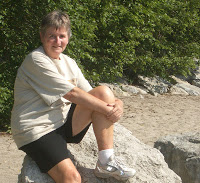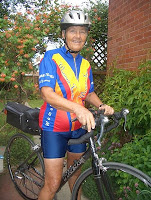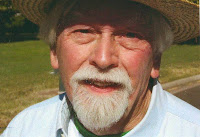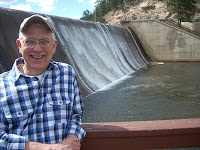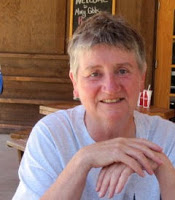(a) The tune “Blue Skies” has an implied theme of long easy life without problems, a life of easy sailing.
(b) For me “Blue Skies” means optimism for the future.
(c) Nowadays, most Americans are wondering why our government is so hostile and backward. Also why do we have a perpetual war going on in Afghanistan and elsewhere?
(d) The answer is because we are stuck with a backward form of capitalism. Companies like Halliburton buy the government, exclude more peace-oriented political candidates. They purchase Republican governors who repress the vote and make a joke of democracy.
(e) Michael Moore’s recent movies point out that other in other western democracies the governments govern and promote the best interests of the citizens. “Where to invade next.” Universal health care is taken for granted. In France women are given a couple of months off with pay before and after child birth and after birth have a nurse, all paid for by the government. That was his movie “Sicko”. In Germany, working people have affordable housing in lavish housing complexes. That is because they have real union protections.
(f) Bernie Sanders’ campaign has opened up discussion of the merits of socialism. Under socialism, the profit motive is taken out of the business of weapons manufacturing. Without the profit motive, war-making pretty much stops, and we have world peace.
(g) I used to have discussions with my friend in New York City about what is the proper definition of socialism. As far as I last knew, it is the “Public ownership of the means of production.” This means that the public owns the public utilities such as gas and electricity, the companies that manufacture weapons for the military (which is all much smaller scale as compared with what we have now).
(h) Countries like Holland, Sweden, Denmark, France and most other countries on earth, have accepted socialism as the normal way of life.
(i) Under socialism, government officials are forbidden to accept campaign contributions from private people or corporations. Breaking this rule incurs severe penalties. In the U. S. this practice is accepted as normal practice. As a result, actual democracy is pretty much killed off.
(j) So Blue Skies reminds me of the socialist future we can all expect. It will be peaceful and devoid of financial worries, with universal health care.
(k) Socialism will come when the people face death by starvation at the all too predictable downturn of the business cycle. When that happens, 99% of jobs disappear. There will be no way to survive. When it’s death or socialism, people choose socialism.
(l) Back in 1840 in France, socialism was all the rage. The poet Victor Hugo believed the poet is also a prophet. In that spirit Victor wrote several prophetic poems, “The End of Hatred,” “The End of Hunger,” “The End of War,” and “The Triumph of Socialism”.
(m) Blue skies Smiling at me Nothing but blue skies Do I see
(n) Bluebirds Singing a song Nothing but bluebirds All day long
(o) Never saw the sun shining so bright Never saw things going so right Noticing the days hurrying by When you’re in love, my how they fly
(p) Blue days All of them gone Nothing but blue skies From now on
(q) (Scat)
(r) I never saw the sun shining so bright Never saw things going so right Noticing the days hurrying by When you’re in love, my how they fly
(s) Blue days All of them gone Nothing but blue skies From now on
(t) Songwriters (u) 13 Songs With Deeper Meaning Than You Think Hlntv.com
(v) (w) The Most Frequently Played Song in the World is One We All Hate Mentalfloss.com
© 17 May 2016
About the Author
I was born in 1944, I lived most of my life in New York City, Queens County. I still commute there. I worked for many years as a Caseworker for New York City Human Resources Administration, dealing with mentally impaired clients, then as a social work Supervisor dealing with homeless PWA’s. I have an apartment in Wheat Ridge, CO. I retired in 2002. I have a few interesting stories to tell. My boyfriend Kevin lives in New York City. I graduated Queens College, CUNY, in 1967.

